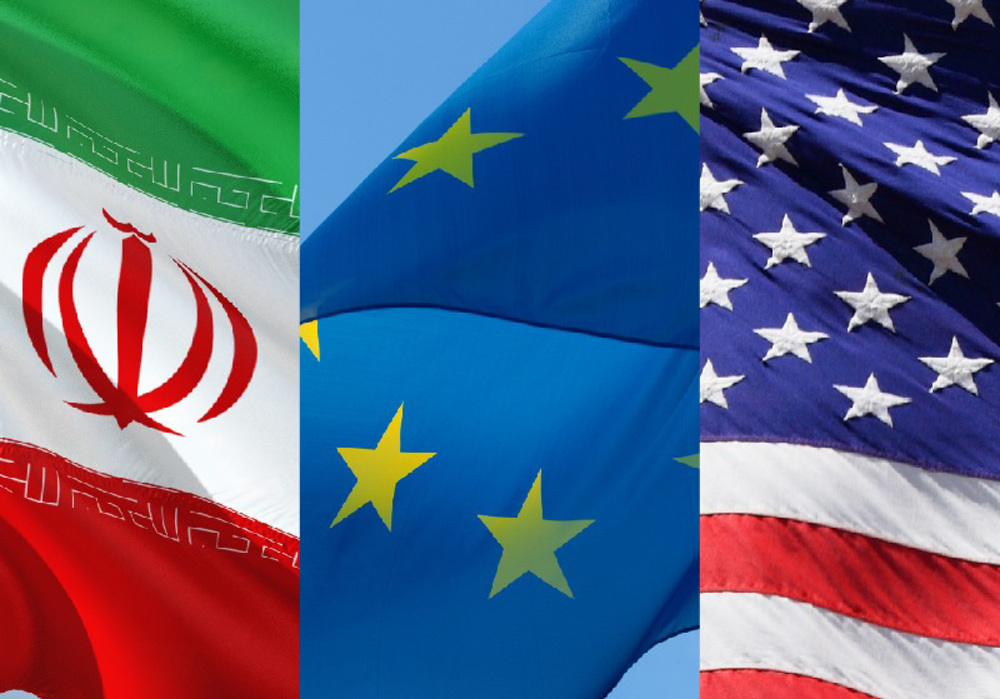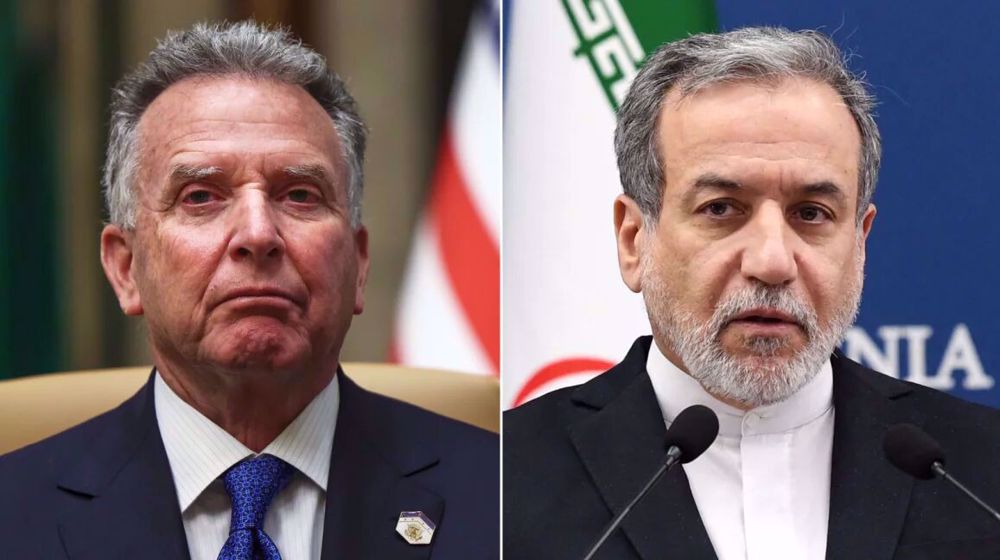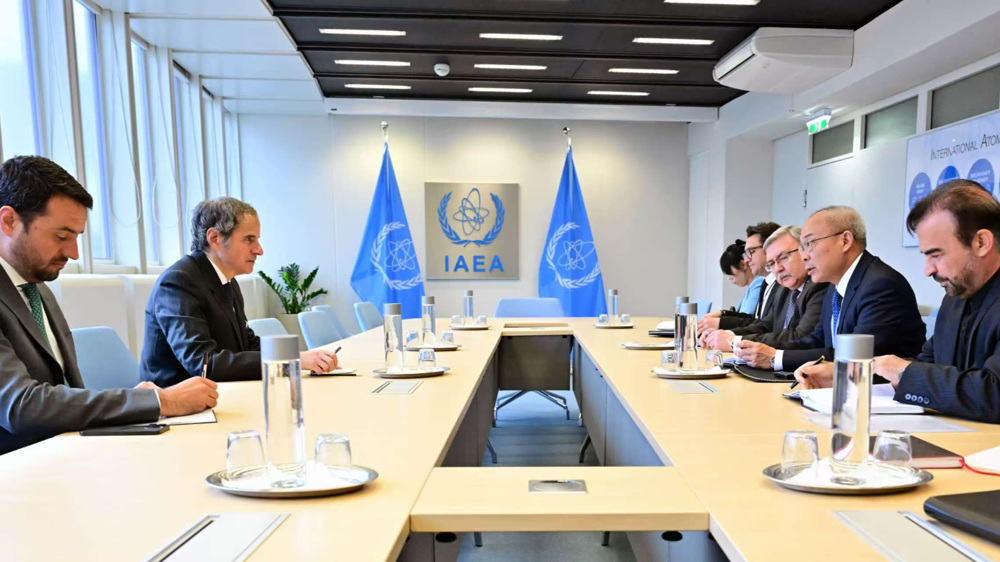Rouhani urges P5+1 to abide by commitments in nuclear talks
Iranian President Hassan Rouhani has called on all members of the P5+1 group to work for the implementation of the measures on which all sides have reached a conclusion through nuclear negotiations.
President Rouhani made the remarks in a telephone conversation with British Prime Minister David Cameron on Thursday.
“We are happy that we reached a win-win outcome in the negotiations,” Rouhani said, adding that "it is necessary for all members of the P5+1 group to make effort for the implementation of the next steps of the agreement.”
The phone conversation came two days after Iran and the P5+1 group -- the United States, Britain, France, China, Russia and Germany -- reached a conclusion on the Joint Comprehensive Plan of Action (JCPOA) in the Austrian capital city of Vienna. The JCPOA will put limits on Iran’s nuclear program in exchange for the removal of sanctions against the Islamic Republic.
The United States on Wednesday submitted a draft resolution to the United Nations Security Council on the outcome of the nuclear talks between Tehran and the world powers. The draft resolution seeks formal UN endorsement of the outcome of the talks, and according to diplomatic sources, a vote on it could come as early as July 20 or 21.
The Iranian president also appreciated the constructive role of Britain during the negotiations, saying, “Commitment of both sides to fulfilling their obligations is the most important factor for the success of the executive process of the negotiations."
He further referred to the relations between Iran and Britain, saying, “We seek relations based on mutual respect and interest, and I think there exists the necessary potential to rebuild relations between Iran and Britain.”
Rouhani also referred to violence perpetrated by ISIL and other terrorist groups in the Middle East as “a pressing and dangerous issue” for the region.
He mentioned Iran’s role in stabilizing the region and fighting against terrorism, stressing that if countries "do not do all within their power in fighting terrorism, this ominous phenomenon will afflict many countries, including those in Europe.”
The Iranian president also highlighted the suffering of Yemeni people in the face of the Saudi aggression against their country, saying that the Saudi bombardment of “innocent people is not acceptable" to Iran.
Riyadh launched its military aggression against Yemen on March 26, without a UN mandate. More than 3,000 people, including 1,500 civilians, have been killed over the past three months in the impoverished Arab country, according to the United Nations.
Cameron, for his part, congratulated Rouhani on the conclusion of the nuclear talks between Iran and the P5+1 countries, and thanked the Iranian president for the constructive role he played during the negotiations.

Cameron also affirmed that the P5+1 countries will try to help the implementation of the nuclear accord in the next phases.
Referring to the threat of terrorism in the Middle East, the British prime minister said necessary measures should be taken to uproot terrorism in the region.
The two sides also discussed the reopening of the two countries' respective embassies.
In November 2011, Iranian lawmakers voted by a large majority to downgrade diplomatic ties with the UK in response to its decision to impose sanctions on the Central Bank of Iran over the allegation that Tehran is pursuing non-civilian objectives in its nuclear program.
Nearly two years after their diplomatic ties were severed, Iran and Britain agreed in October 2013 to appoint non-resident chargés d’affaires as a first step toward reopening of their respective embassies.

Europe sidelined in indirect Iran-US talks

Third round of indirect Iran-US talks kick off in Muscat

China supports Iran’s peaceful nuclear program, diplomatic engagement: Envoy
Iran supports any measure to strengthen peace, tranquility: Pezeshkian
Iran, Russia agree to transfer gas via Azerbaijan: Minister
VIDEO | US joins global protest day to demand Israel lift 8-week siege
HTS gunmen, allied militants kill over dozen Alawites in Syria’s Homs
VIDEO | Press TV's news headlines
VIDEO | Muscat’s 3rd round of indirect talks between Iran, US
Iran’s foreign minister says ‘satisfied’ with progress in talks with US
MSF: 70% of burn victims in Gaza are children, little chance of recovery







 This makes it easy to access the Press TV website
This makes it easy to access the Press TV website